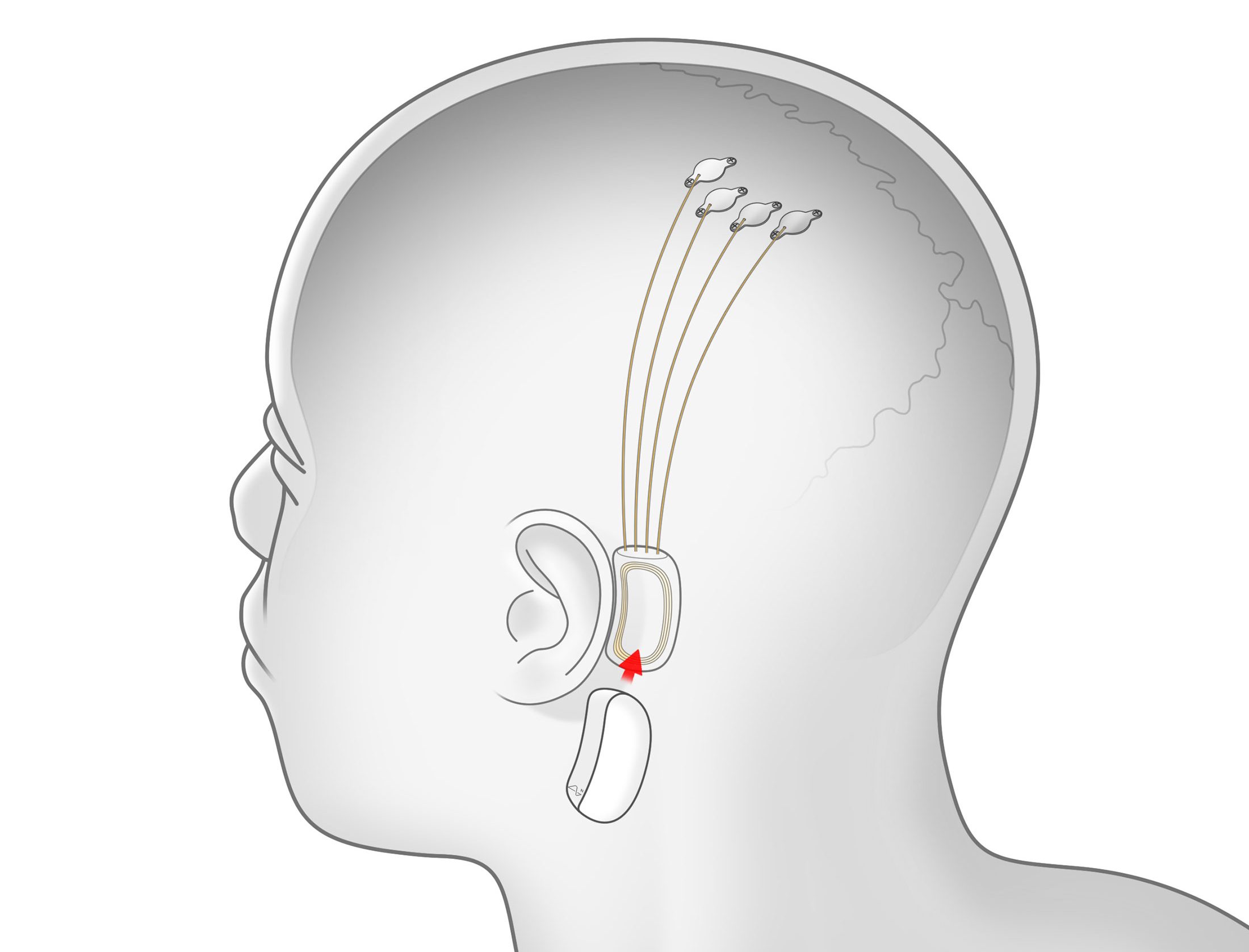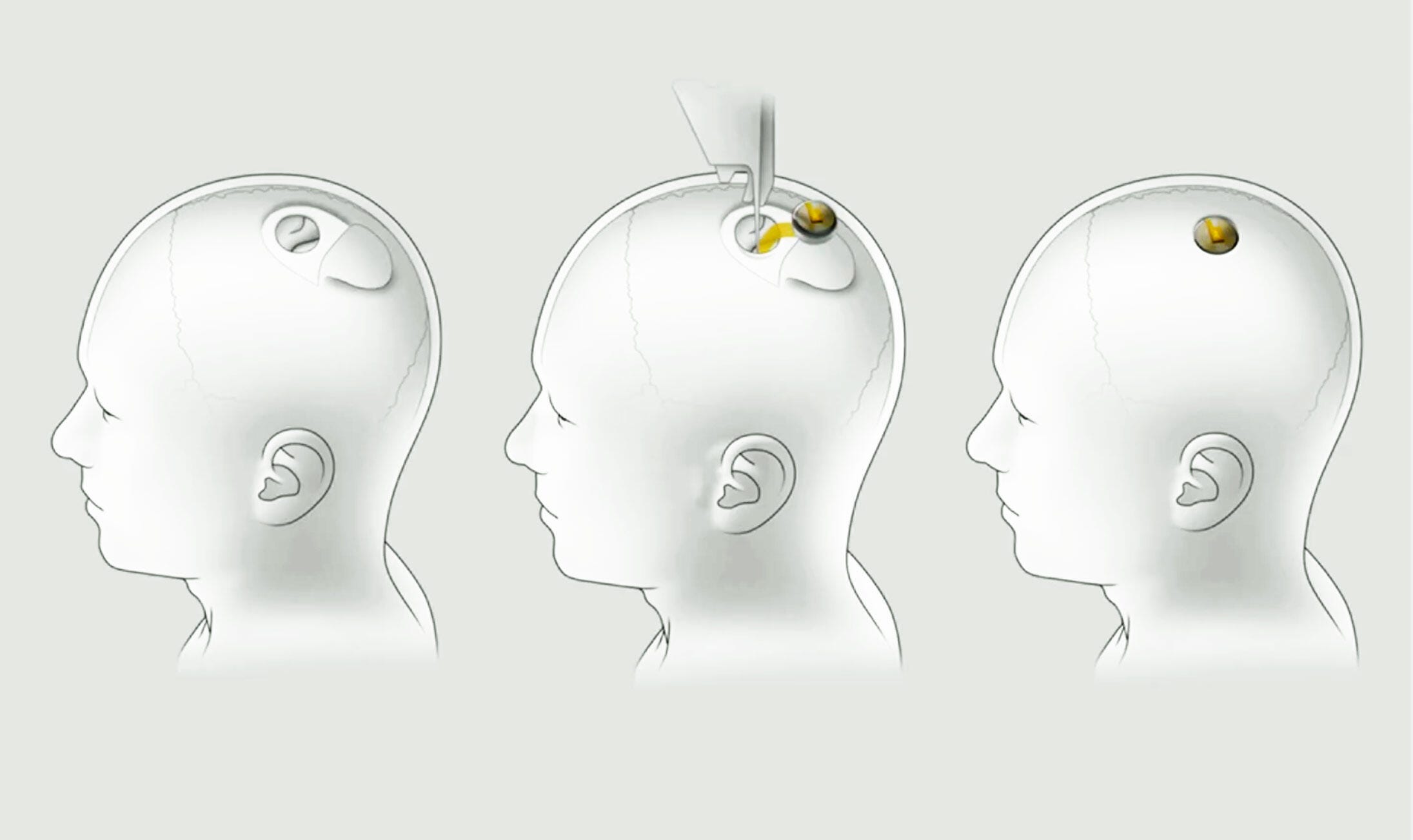
Elon Musk’s medical device company, Neuralink, has hit a roadblock in its quest to link human minds to computers. The Neuralink device is about the size of a large coin and will be implanted in the skull with ultra-thin wires going directly into the brain.
While that sounds like the Mark of the Beast and a surefire way to usher in the End Times, it’s actually intended it as a way to treat brain disorders, overcome brain injuries, paralysis and blindness.

However, the U.S. Food and Drug Administration has rejected Neuralink’s application to conduct human trials of its brain implant, according to seven current and former employees who spoke to Reuters. Neuralink had announced its intention to start human trials on at least four occasions since 2019, but it did not apply for FDA approval until early 2022.
At that time, the FDA rejected the application. The agency outlined numerous issues that the company must address before conducting human testing, including concerns over the device’s lithium battery, the potential migration of the implant’s tiny wires to other areas of the brain and the device’s removal without damaging brain tissue.

A year after the FDA’s rejection, Neuralink is still working through the agency’s concerns. Some staffers are skeptical that the company can resolve the issues quickly, despite Musk’s latest prediction that Neuralink will secure FDA human-trial approval later this spring.
The FDA’s rejection raises the stakes and the difficulty of the company’s subsequent requests for trial approval, according to experts in FDA device-approval processes. Companies often give up after three attempts to resolve FDA concerns, rather than invest more time and money in expensive research.

Despite the setback, Musk retains the confidence of many loyal Neuralink staffers and some industry investors, who point to his past successes in taking on extreme challenges as the founder of Tesla and rocket-builder SpaceX (interestingly, his time as Twitter CEO was not mentioned as a reason for their support).
Investors are still hoping to start human trials soon, despite the setback from the FDA.























